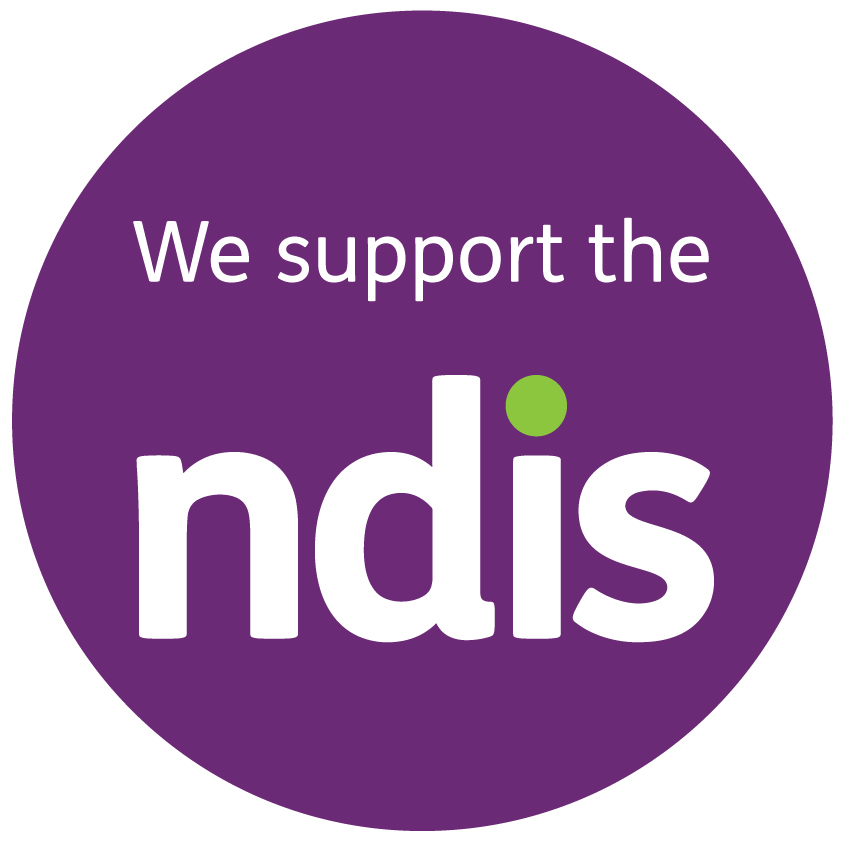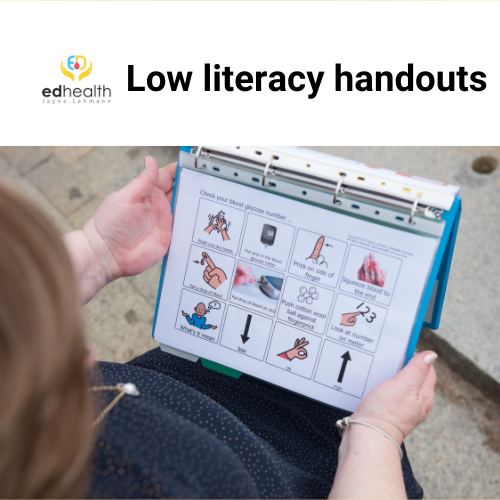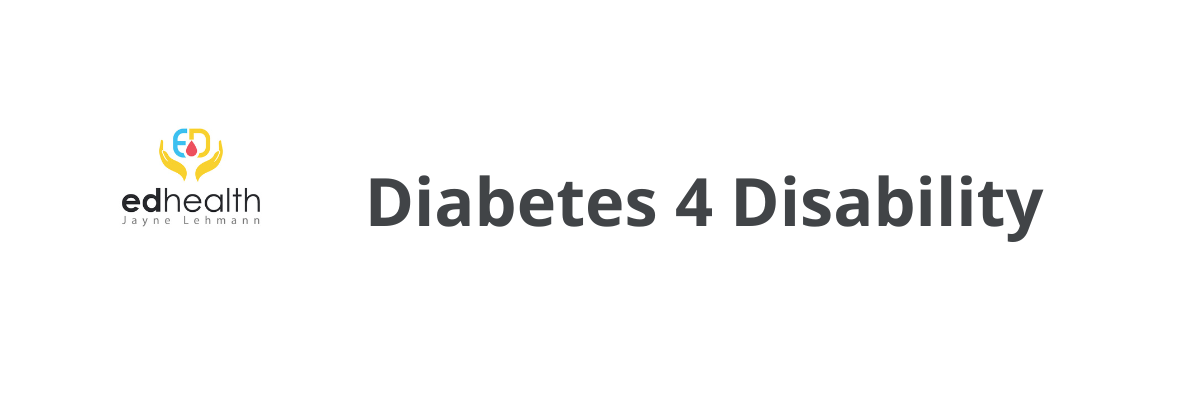EdHealth believes a support worker model of care is preferable for the needs of the majority of NDIS participants with diabetes. When a person lives with diabetes, their support needs are stretched across the whole day. If support workers are comprehensively trained to support their client with their diabetes care, including the administration or supervision of injectable diabetes medications, greater flexibility will be gained in the quality of life of the NDIS participant.
Having familiar people doing the diabetes injectable medications also provides for the consistent timing of injections, and opportunity to add extra injections, when and if required. With consistency in their diabetes support and the people doing their diabetes injections, it is likely glucose levels, behaviour and energy levels will improve. More time can then be focused on achieving their NDIS goals.
Click! to find out more about support workers diabetes medication injections
NDIS + training support workers

To be NDIS compliant, diabetes training for support workers is required to be provided around the needs of the NDIS participant. This ensures support workers are clear on the support they are to provide to the client.
EdHealth’s flexible online format enables us to create person centred diabetes training, addressing the needs of each NDIS participant’s support workers. We customise course content to address their type of diabetes, lifestyle management, their medication, glucose monitoring system and team care. Person specific information is integrated into Online Skill Sessions (OSS) and Online Skill Checks (OSC).
EdHealth’s training works because of the depth of knowledge of our training presenter, Jayne Lehmann. She has a deep understanding of diabetes care and disability support from her lived and professional experience in disability and diabetes care. EdHealth is able to deliver authentic and effective training, designed for the specific needs of support workers and the client they support.
The support worker advantage

Support workers are more likely to pay greater attention to other aspects of their diabetes support when giving their injection/s. They are provided with more education to better equip support workers to care for the person in-between injections too. The safety of the client increases with the education on hypoglycaemia (low glucose levels). The short and long term health of the client improves because the support worker is trained to understand what the readings mean and when to act on high readings.
With the number of injectable diabetes medications increasing, it is important for training to be available for support workers on the range of injectables people may be prescribed.
Diabetes injectable medications include:
- Trulicity or Ozempic
- The various types of insulin
- GlucaGen HypoKit.
Supervising vs. giving the injection
If a support worker needs to supervise a client’s injections, they will require the same knowledge as if they are to give the injection themselves. Then they will be able to identify if their client is doing their injection correctly. There could be times, as well, when the support worker needs to give the injection, for example, if the client was sick.
Other resources

A Diabetes Management Plan (DMP) is another requirement the NDIS Quality & Safety Commission expects to be in place when delivering the High Intensity Skill of sub-cutaneous injections are being given by support workers. The DMP is a blueprint of the person’s diabetes management. EdHealth creates impressive DMPs that are person centred, comprehensive and easy to read. They cover all aspects of diabetes support so support workers know what they need to do, no matter what the client’s glucose level is doing. Click! to find out more.
Contact Us

Click! and complete your details and one of the EdHealth team will get back to you with a D4D solution. Phone: 0412 102 048

